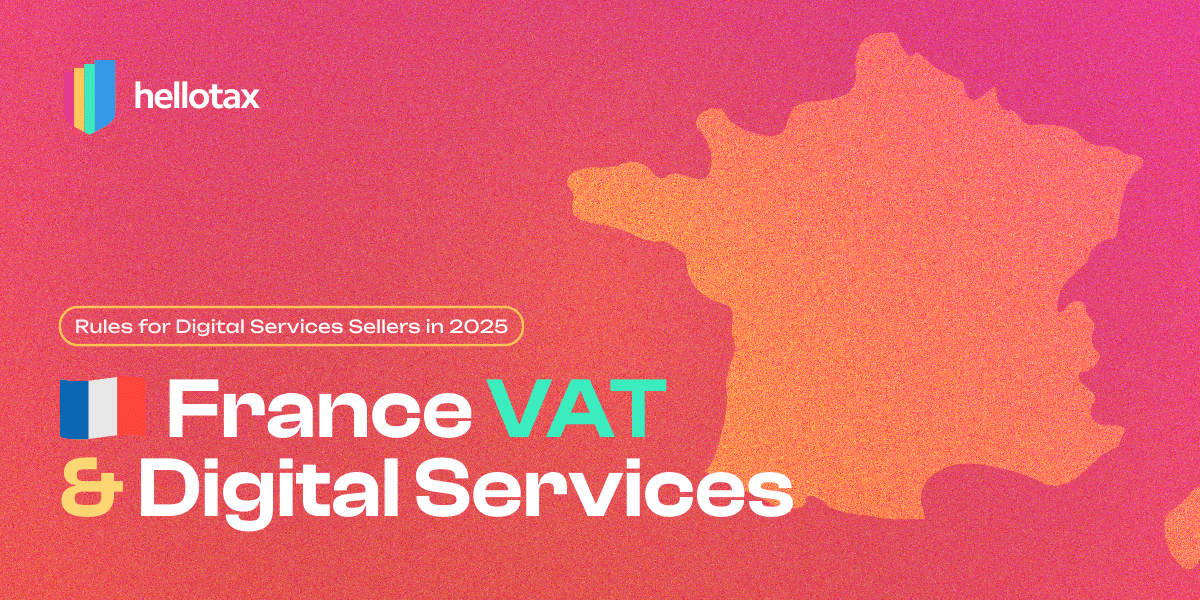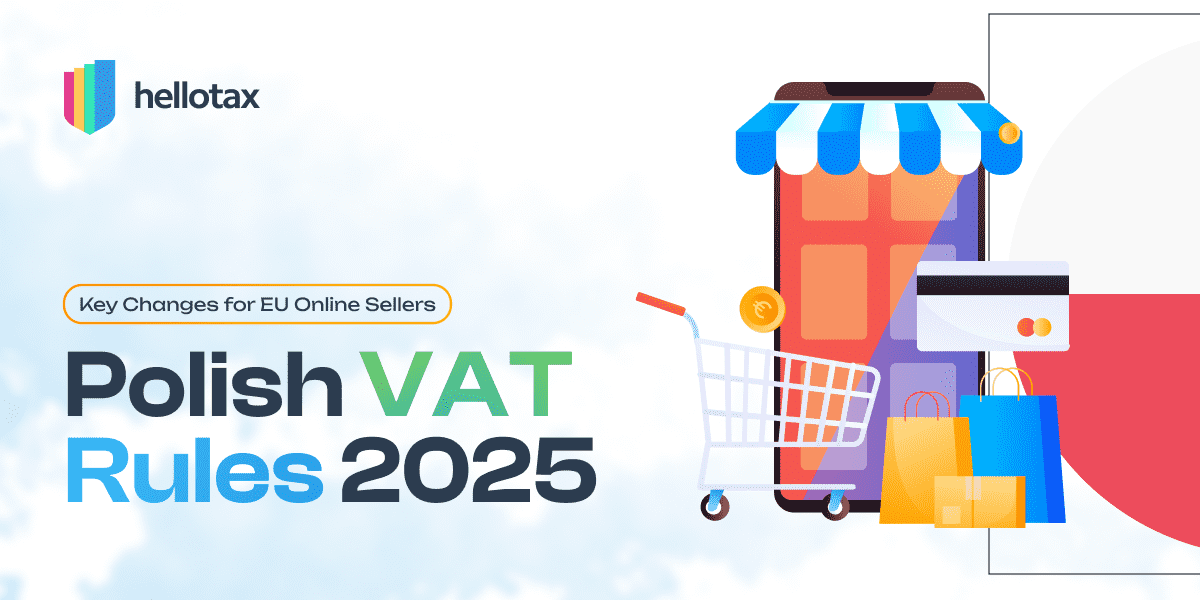Especially for sellers in Germany, the Dutch market and the new Amazon market are really interesting. As storing goods in the Netherlands or reaching the Dutch VAT registration limit via distance selling make a VAT registration mandatory in this country, you find all you need to know about VAT in the Netherlands in this article.
Antonia Klatt
Last Updated on 22 October 2021
VAT in the Netherlands
Consumption taxes are used throughout Europe. From state to state, however, there are differences in the names and laws .The value added tax, abbreviated VAT, is no exception. An often used term for VAT in the Netherlands is the abbreviation OTW (Belasting over de Toegevoegde Waarde).
In general, the rule in Europe is that the value added tax in the member states must be at least 15%. The exact percentage can be determined by each state. In the Netherlands, VAT is divided into three classes, each with a different tax rate:
- Standard VAT rate: 21%
- Reduced VAT rate: 9%
- Zero rate – for intra-community services: 0%
The Dutch tax authorities also distinguish between selling
- Services,
- Goods,
- Real estate, or similar trade
According to the category you have to pay attention to different aspects and laws.
VAT for services in the Netherlands
In the case of service providers, i.e. companies that transport goods or persons, grant licensing rights or act as consultants, a VAT payment must be made if the services are provided in the Netherlands. If the VAT is not charged to the customer, the company itself must pay the VAT.
VAT on purchase and sale of goods
When buying and selling goods, the tax office also charges VAT.
If a supplier from the Netherlands sells goods to your company, the VAT is usually deducted from the purchase price. If the purchased products were not purchased for exempt services or for private use, the company can deduct the corresponding VAT from the tax return.
If you want to sell goods on Dutch territory to Dutch citizens yourself, the VAT rules do not apply. In this case your customer is obliged to pay VAT on the products he/she purchases. The only exceptions are legal entities or companies that are established in the Netherlands.
Goods that are transported from an EU country to the Netherlands are covered by the intra-community acquisition. VAT is levied by the Dutch tax authorities, and the delivery is subject to 0% tax in the respective EU country – instead, the VAT must be paid in the Netherlands.
Products imported into the Netherlands from a non-EU country must be declared at the customs office, and the VAT will be invoiced there directly. The amount can then be deducted or reclaimed later in the form of input tax.
VAT rates in the Netherlands
In addition to the various distinctions in the type of business your company does, the different tax rates can also cause confusion. Here is a brief overview.
Dutch Standard VAT Rate: 21%
The regular VAT rate in the Netherlands is 21%. If your company does not benefit from any governmental exemption or relief, your company’s sales will be charged 21% VAT accordingly.
Dutch Reduced VAT Rate: 9%
The reduced VAT rate of 9% applies in the Netherlands to various precisely defined product categories. Products for which the reduced VAT rate applies can be:
- food and drinks
- printed materials (books, newspapers)
- goods from agricultural production
- drugs and other medicines
In general, the articles subject to 9% VAT in the Netherlands can be described as everyday products, as goods for everyday use.
0% intra-community VAT rate
The intra-community tax rate applies to both domestic and foreign companies whose location or branch is in the Netherlands and which trade with foreign countries from there.
In some cases, services provided in the Netherlands are also taxed at 0%, but mainly intra-community supplies are subject to this rate. Service providers that operate on a cross-border basis, e.g. transporting people or exporting to countries outside the EU, are also affected by this regulation.
VAT Registration in the Netherlands
There are various reasons why VAT registration in the Netherlands is mandatory or useful. In the case of a foreign company, the Limburg tax office is responsible for the registration of a VAT identification number. Companies that work with a tax representative contact the tax office of that person.
VAT identification number
The new identification number was introduced nationwide on January 1, 2020. The btw-identificatienummer or btw-id, as it is abbreviated in the Netherlands, is intended to better protect the identity of the company.
All EU companies can apply for such an identification number since 1 January 2020. Furthermore, the identification number of your Dutch customers must be included on all invoices from 1 January onwards. The btw-id is also required from 2020 for the registration of intra-community services. However, the identification number is even more important if you have submitted an application for a VAT refund to the Dutch authorities. All refunds will be sent via the btw-id from 2020.
Claim back VAT in the Netherlands
Your company does business in the Netherlands but does not import goods or services? Have you incurred additional costs when buying goods in the Netherlands? If so, you can claim back the VAT on the goods you purchased.
If your company regularly imports goods into the Netherlands, it is worthwhile to apply for an import tax permit. The VAT is not paid at customs, but is transferred directly to the tax office on a monthly or quarterly basis, depending on the company’s VAT return. The amount is calculated as input tax based on the VAT return. Therefore, the VAT amount does not have to be pre-financed. For a company with low liquidity this is a huge advantage.
If one is not satisfied with a decision of the Dutch authorities, one can take action against it. You have six weeks to file a written complaint against the tax authorities.
Summary
Dutch tax law may seem extensive at first glance, but once you have internalized it, you will not face any major hurdles. Tools like our VAT automation software and the expertise of our local accountants will make sure that your communication and the handling of all tax issues runs as smoothly as possible.



